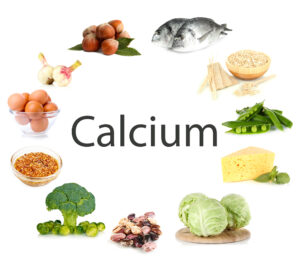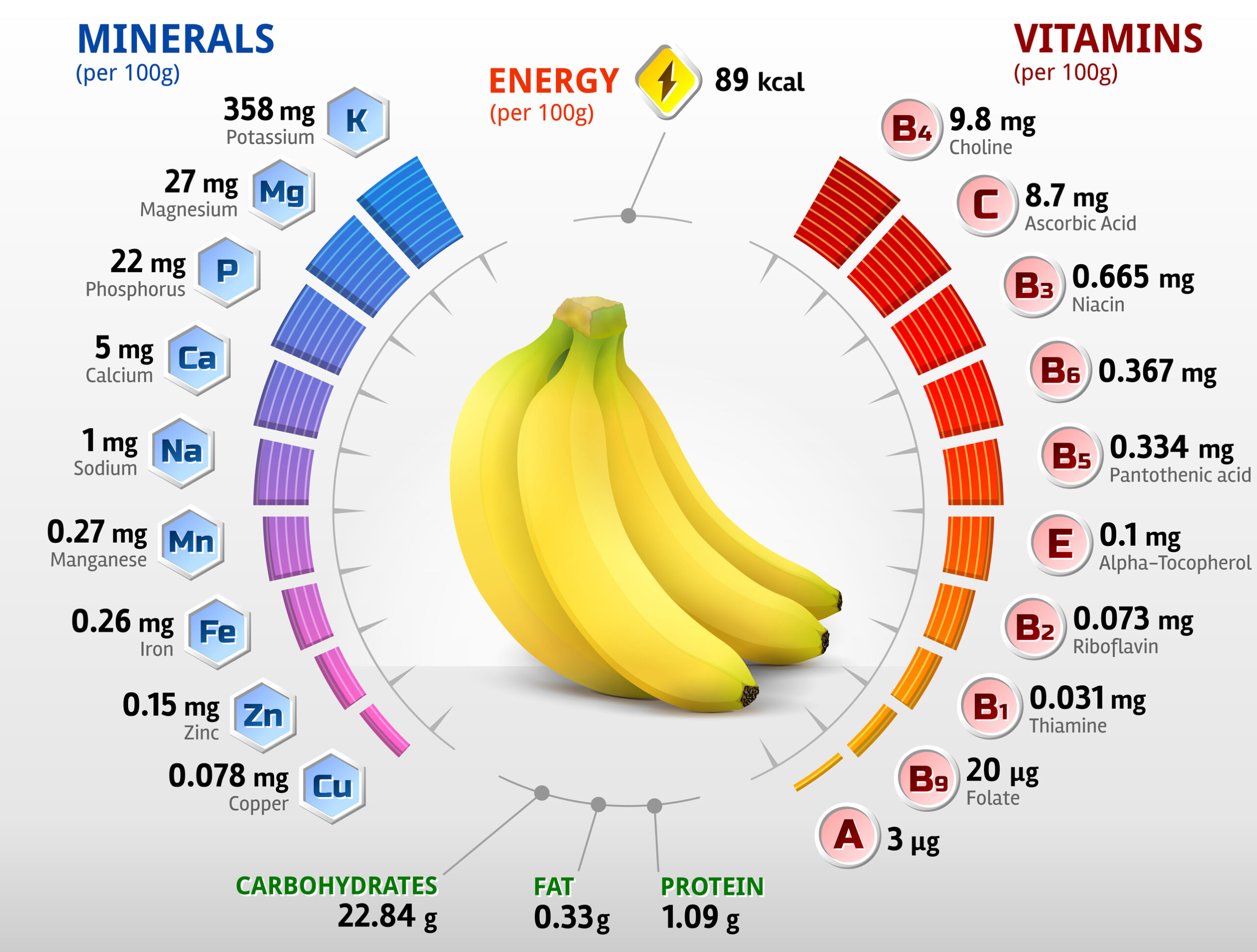 Calcium benefits are numerous and far-reaching. It is one of the most essential minerals for maintaining overall health, yet many people don’t get enough of it.
Calcium benefits are numerous and far-reaching. It is one of the most essential minerals for maintaining overall health, yet many people don’t get enough of it.
While most know that calcium is vital for strong bones, research has revealed that calcium benefits go far beyond that.
From supporting heart function to aiding in weight management, calcium is a true powerhouse nutrient. Let’s explore the many ways calcium enhances health, backed by science.
1. Strengthens Bones and Teeth
It’s no secret that calcium is vital for bone health. According to a study published in The Journal of Bone and Mineral Research, adequate calcium intake helps maintain bone density and reduces the risk of osteoporosis, a condition that weakens bones and increases fracture risk. Calcium also plays a key role in strengthening teeth, preventing decay and gum disease.
2. Supports Heart Health
Calcium helps regulate heart function by ensuring proper muscle contractions, including those of the heart. Research in The American Journal of Medicine found that people with sufficient calcium intake had a lower risk of high blood pressure and cardiovascular disease. It also helps blood vessels relax and contract properly, promoting healthy circulation.
3. Aids in Weight Management
Surprisingly, calcium can play a role in weight control. A study in Obesity Research found that individuals who consumed more calcium, especially from dairy sources, had lower body fat levels and found it easier to manage their weight. Calcium may help regulate fat storage and breakdown, making it an important part of a balanced diet.
4. Reduces the Risk of Colon Cancer
Research published in The Journal of the National Cancer Institute suggests that calcium may reduce the risk of colorectal cancer. It’s believed that calcium binds to harmful compounds in the intestines, preventing them from damaging colon cells and reducing cancer risk.
5. Supports Muscle Function and Nerve Health
Calcium is essential for muscle contraction and nerve communication. Without it, muscles may cramp, and nerve signals may become sluggish. According to The Journal of Physiology, calcium enables the transmission of signals between the brain and body, ensuring smooth muscle movements and reducing the risk of spasms.
6. Promotes Better Sleep and Reduces Insomnia
Calcium plays an important role in sleep regulation. A study in The European Neurology Journal found that calcium helps the brain use the amino acid tryptophan (a component of protein) to produce melatonin, the sleep-inducing hormone. Low calcium levels have been linked to sleep disturbances and insomnia. Consuming calcium-rich foods before bed may enhance sleep quality and duration.
Best Food Sources of Calcium
To get enough calcium, it’s best to consume a variety of calcium-rich foods. Here are the top sources:
Dairy Sources:
- Milk
- Yogurt
- Cheese
Non-Dairy Sources:
- Leafy greens (kale, bok choy, collard greens)
- Almonds
- Sardines (with bones)
- Chia seeds
- Sesame seeds
- Figs
Calcium Benefits for Good Sleep
This natural health news is shared by Nutrition Breakthroughs, maker of the original calcium and magnesium based sleep aid Sleep Minerals II.
***** Wendy R. of Honolulu, Hawaii says: “My friends know that I’ve had chronic insomnia for a long time. Surprisingly, I received the Sleep Minerals II and began taking it and found this thing really works. In the past if I ever got a good night’s sleep I’d say ‘I slept like a baby’, but that’s the wrong comparison. Those little guys get up every two hours. I am actually beginning to sleep like an adult — a much-rested adult.”
Summary
Getting enough calcium is essential for a strong, healthy body. Whether through dairy or plant-based sources, adding more calcium-rich foods and supplements to your diet can improve bone health, heart function, weight management, and even reduce disease risks. It can also enhance sleep quality and quantity and help remedy insomnia. So, start making calcium a priority today – your body will thank you!
Find out more info on the effective natural sleep aid Sleep Minerals II.


















